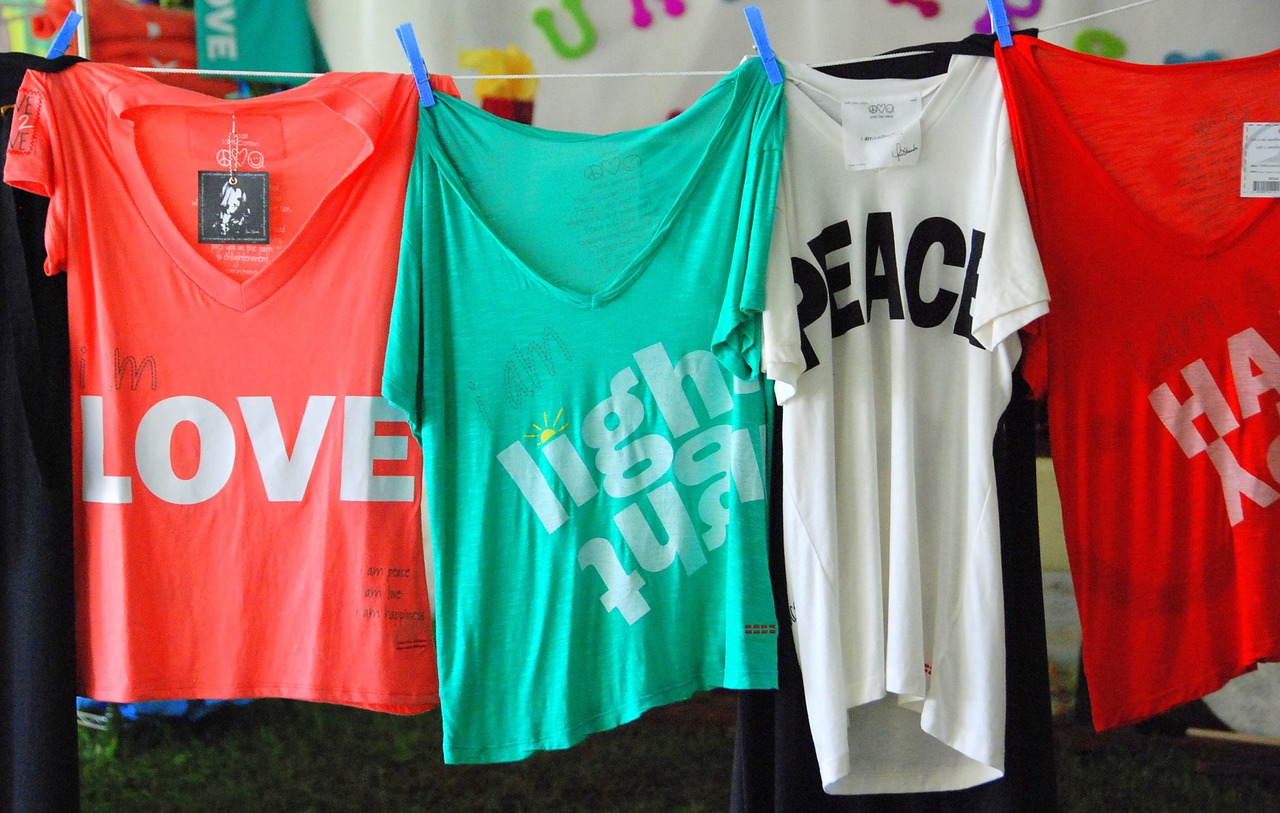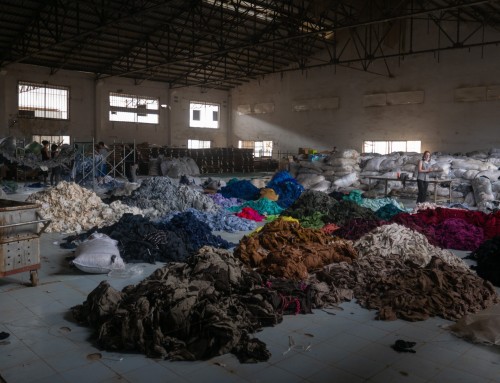In recent years, the term “sustainable fashion” has become increasingly popular to reduce the environmental impact of fashion production. But what does the term sustainability really mean? Many clothing brands quickly label their products as sustainable, but as we’ve covered before, this can often be more of a way to increase sales, respond to consumer pressure and increase positive brand attitudes with greenwashing.
Redefining sustainable fashion as a tangible concept rather than a mindset may be an essential step to affect real, lasting change across industry supply chains. But is this possible?
Sustainable fashion: a mindset or a tangible concept?
According to fashion designer Phoebe English in her recent documentary Fashion Reimagined, sustainability is currently a mindset rather than a tangible concept. And while many brands claim to be sustainable, the documentary highlights the often difficult truth; that nothing is actually sustainable. ‘Sustainability’ is often used as an easy way for brands to appease consumer demands or to look more eco-friendly. However, in reality, fashion being ‘less unsustainable’ is still not enough, especially when the main bulk of harmful emissions are found within the fashion supply chain.
One key example of this is the use of organic cotton within the fashion supply chain. While organic cotton may be better for the environment in terms of water usage and harmful pesticides, cotton production still negatively impacts people involved in the industry and the production process; organic or otherwise. Brands that use organic cotton in their clothing can only claim to be tangibly sustainable if they address other issues within their supply chain, which often does not happen.
Patagonia, a clothing brand that is known for its environmental and social responsibility, has shifted its focus from the term “sustainable” to tangible actions and measurable goals; highlighting a shift towards sustainability through concrete actions rather simply a ‘sustainability mindset’. By moving away from the term “sustainable,”
The challenge of defining sustainability
Sustainable fashion must be adequately defined as a mindset or tangible concept for real change in the fashion industry.
It’s important to remember that there is no easy solution to improve sustainability. It’s multifaceted and complicated, with many stakeholders across complex, global supply chains. Moreover, true sustainability isn’t only about reducing the environmental impact of clothing production, ensuring fair labour practices, reducing waste, and promoting circularity. Achieving true sustainability requires a fundamental shift in how we produce, consume, and dispose of clothing across the entire lifecycle of a garment. But the definition of the concept matters.
Tangible sustainability drives accountability across the entire fashion supply chain, forcing brands, manufacturers and consumers to affect a realistic strategy. Conversely, a sustainability ‘mindset’ is easier to push aside and greenwash, allowing brands to ‘aim’ for better sustainability while never really taking the innovative and often challenging action to achieve this.
Fashion sustainability is complex
In conclusion, sustainable fashion is complex, with many moving parts. Genuinely increased sustainability requires a holistic approach that considers the entire lifecycle of a garment and its impact on the environment and society. While true sustainability may be realistically impossible to achieve, defining sustainability as a tangible concept will hold more brands accountable and push for real, meaningful change in the fashion industry.
Textile Consult operates worldwide, consulting on a variety of management, training and sustainability issues within the textile industry. Contact us today to find out how we’ll work with you to find effective, sustainable solutions for your company.


